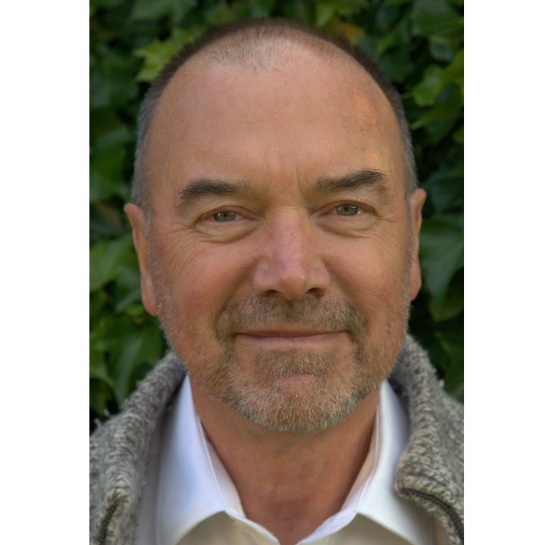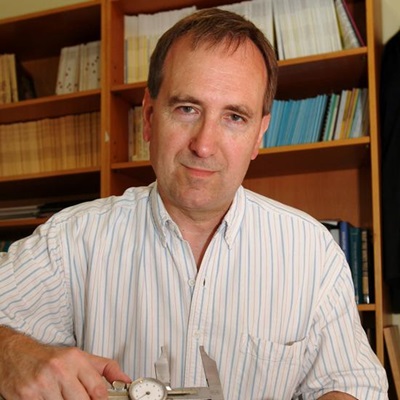Links to external sources may no longer work as intended. The content may not represent the latest thinking in this area or the Society’s current position on the topic.
Culture evolves
Organised by Professor Andrew Whiten FBA, Professor Robert Hinde FRS, Professor Christopher Stringer FRS and Professor Kevin Laland
The capacity for culture is a product of biological evolution - yet culture itself can also evolve, generating cultural phylogenies. This highly interdisciplinary joint meeting with the British Academy will address new discoveries and controversies illuminating these phenomena, from the roots of culture in the animal kingdom to human, cultural evolutionary trees and the cognitive adaptations shaping our special cultural nature.
This meeting is part of See Further: The Festival of Science + Arts, celebrating 350 years of the Royal Society. This unique ten-day festival filling every corner of London’s Southbank Centre, features the Royal Society’s annual Summer Science Exhibition and a host of cross-disciplinary collaborations, including music, dance, comedy, discussion, film, literature and art.
The proceedings of this meeting have now been published in a dedicated issue of Philosophical Transactions B.




